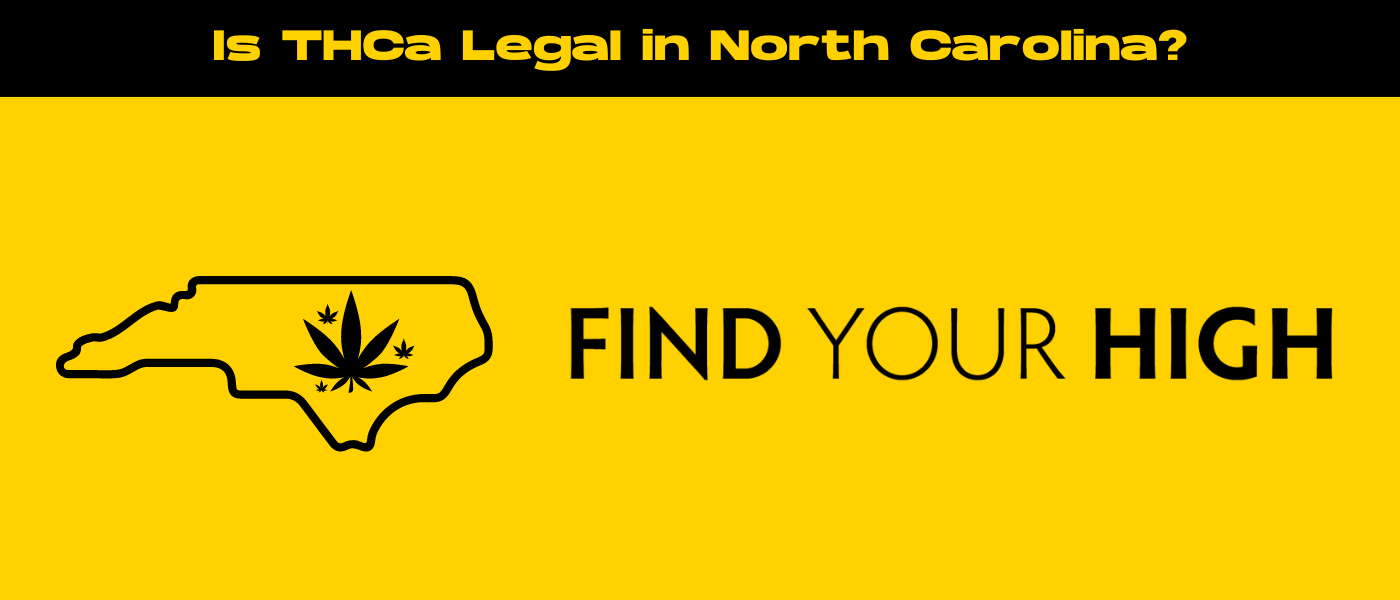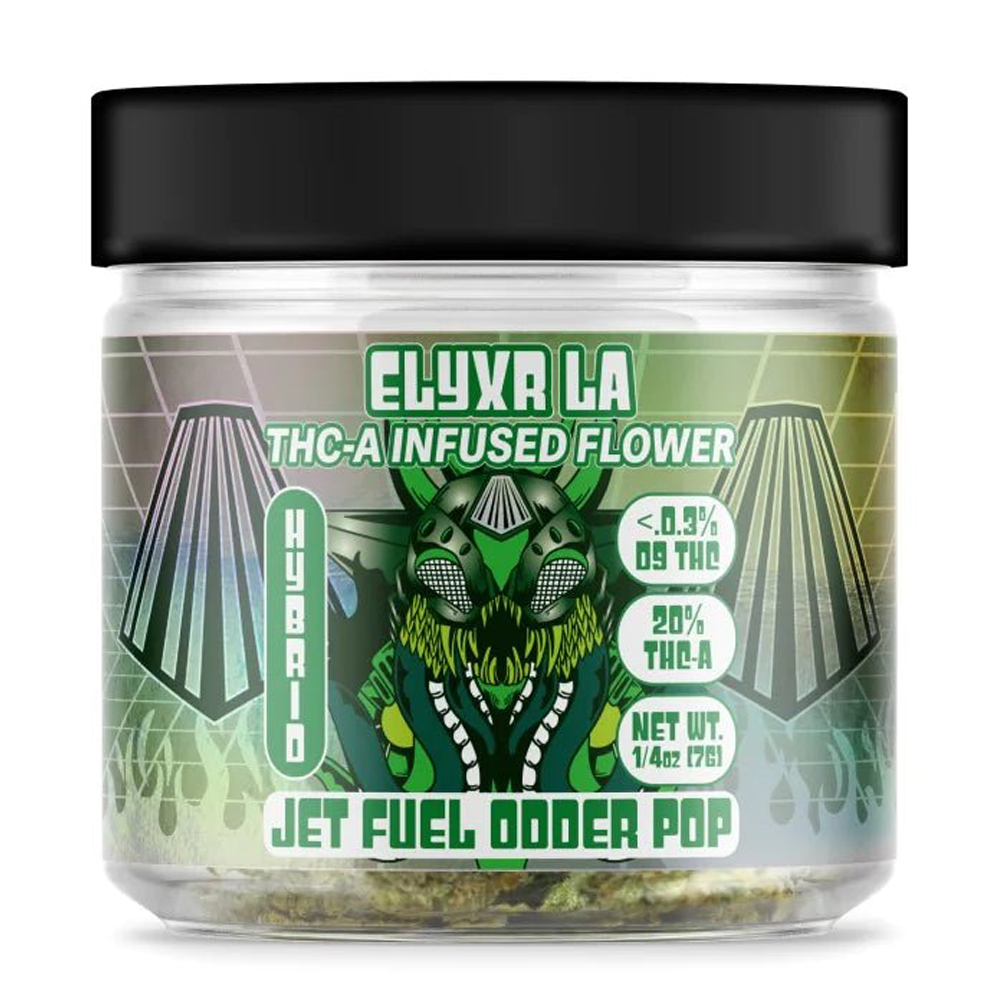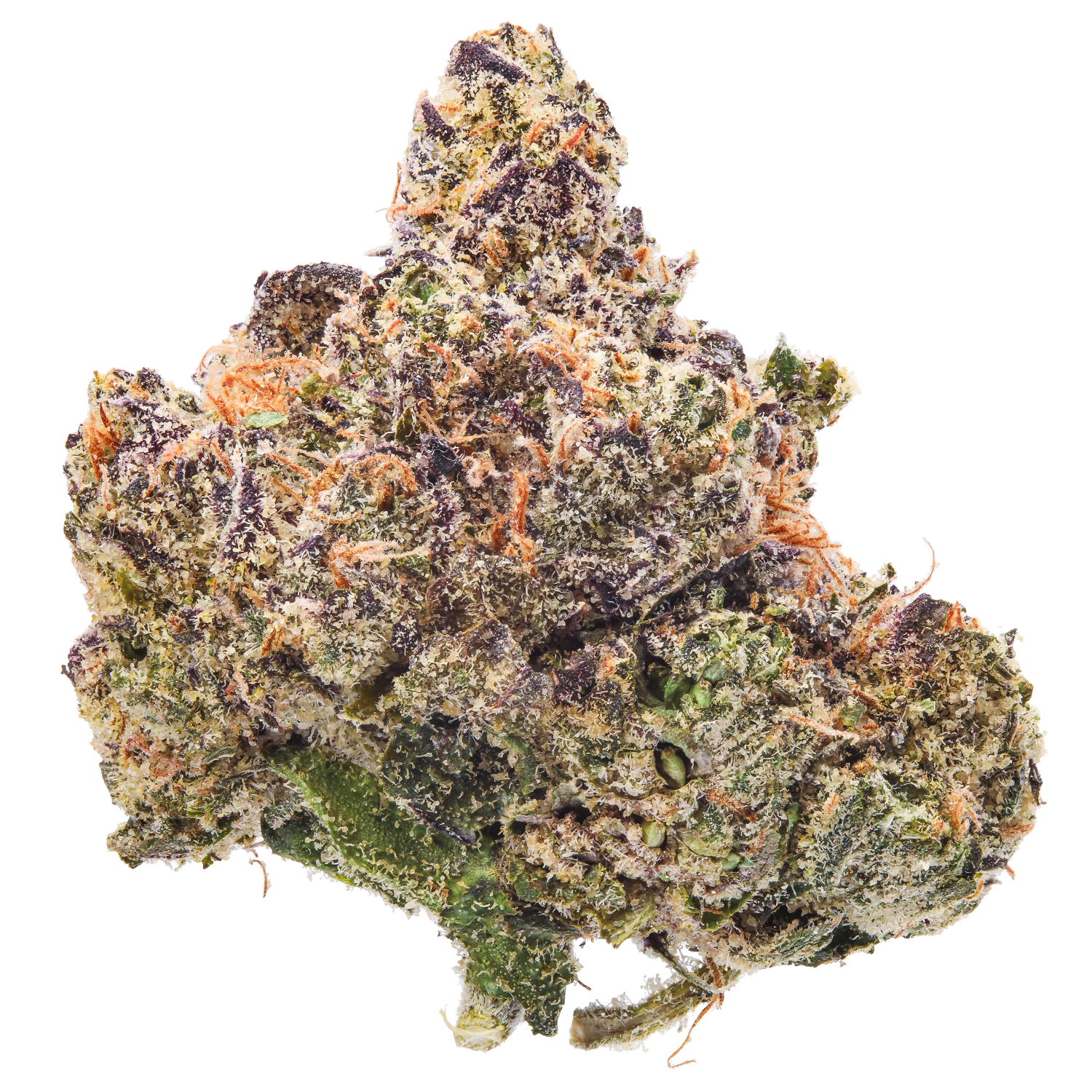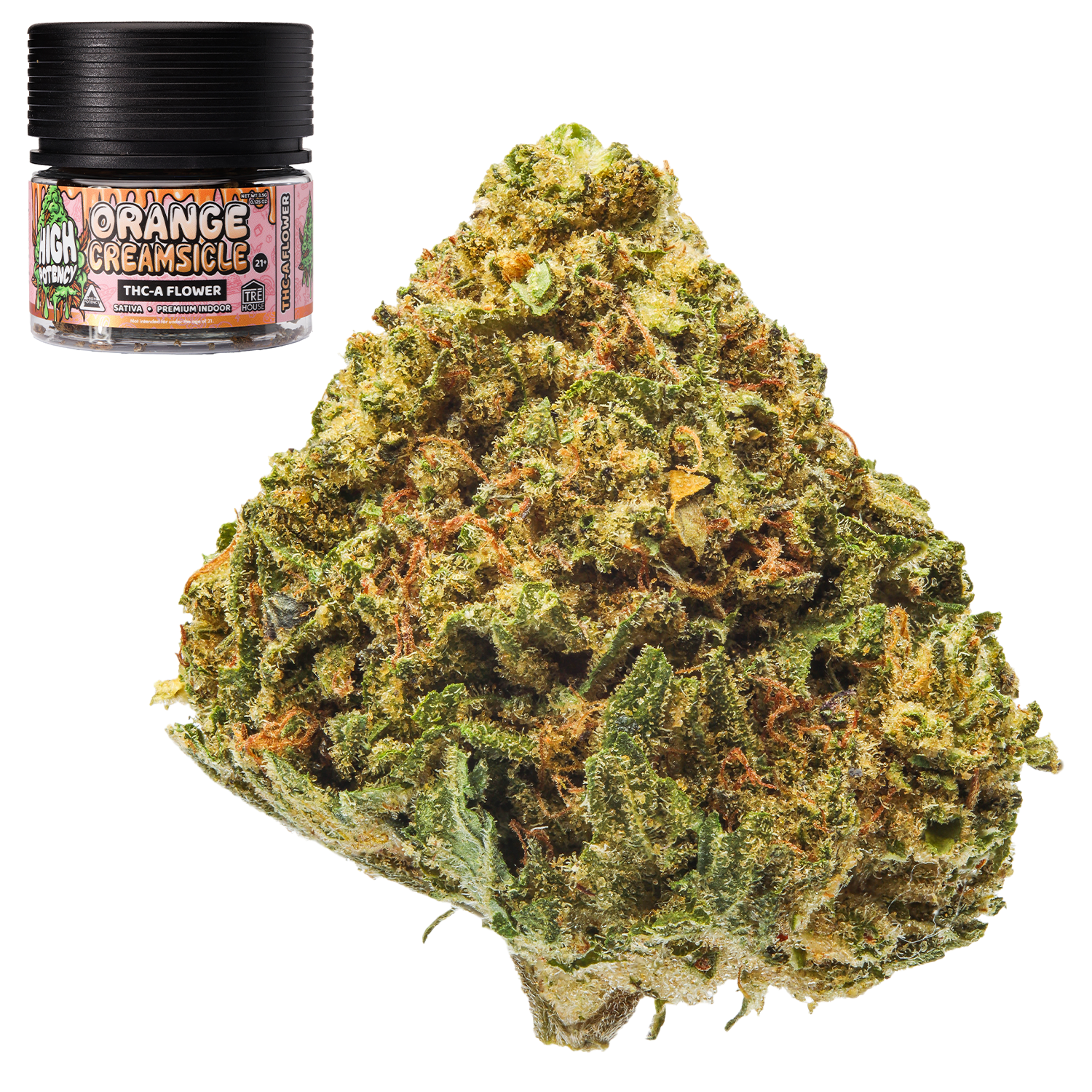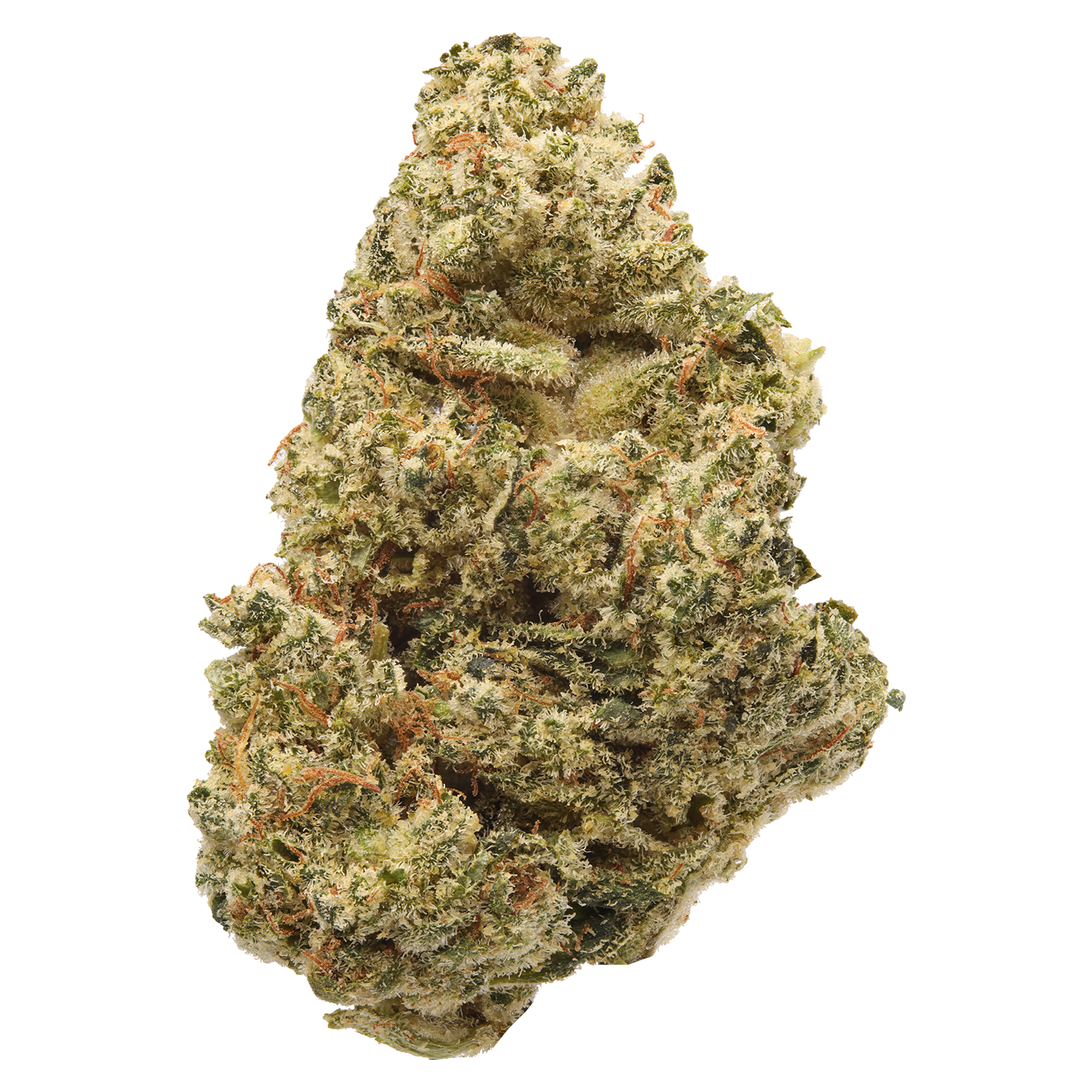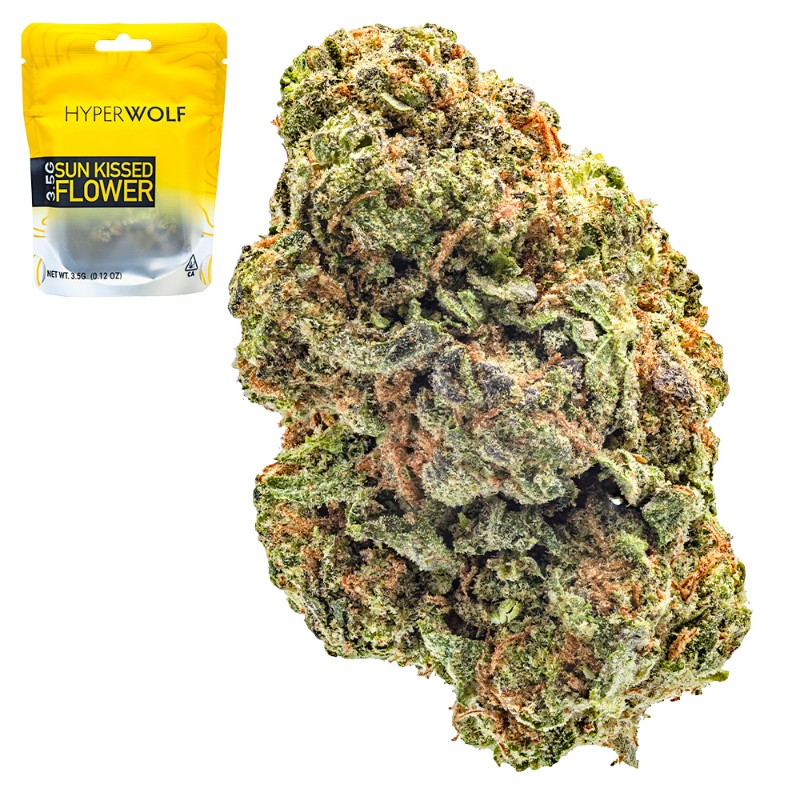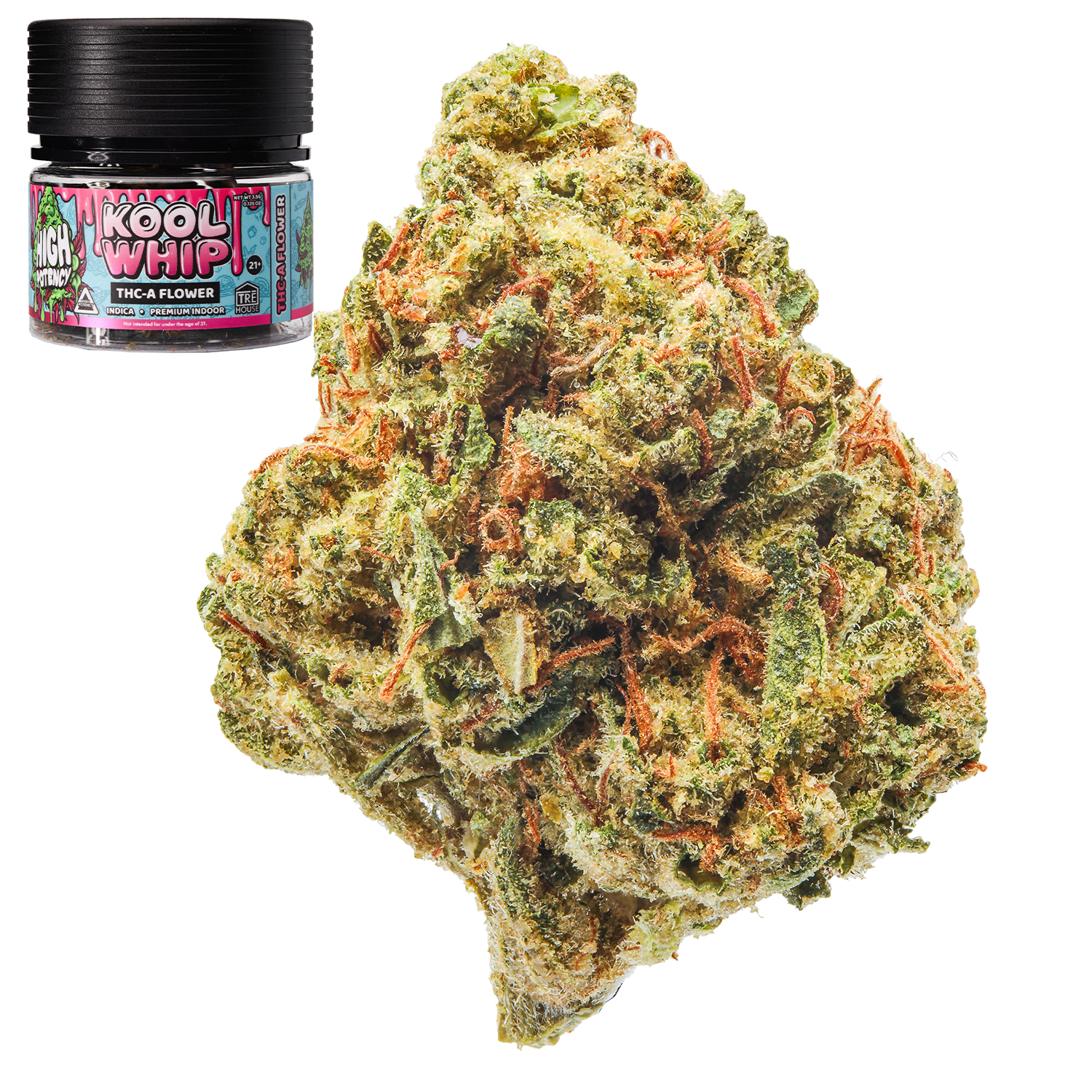As the conversation around cannabis and its various compounds continues to grow, many people are curious about THCa (Tetrahydrocannabinolic Acid) and its legal status, especially in states like North Carolina.
While THC (Tetrahydrocannabinol) is well-known for its psychoactive effects, THCa is a non-psychoactive precursor to THC that has garnered increasing interest in recent years for its potential benefits. But is THCa legal in North Carolina? This guide will walk you through the ins and outs of THCa’s legal status in the state, and how it fits into the broader cannabis landscape.
What is THCa?
Before diving into the legality of THCa, it’s essential to understand what it is and how it differs from its more famous cousin, THC.
THCa is a naturally occurring compound found in raw cannabis plants. Unlike THC, THCa does not produce the characteristic “high” that many associate with cannabis use. The reason for this lies in its chemical structure. THCa is non-psychoactive until it undergoes a process called decarboxylation, which typically occurs when cannabis is heated (through smoking THCa flower, vaping, or cooking).
In its raw form, THCa is believed to have several potential therapeutic properties. It is often touted for its anti-inflammatory, neuroprotective, and anti-cancer potential, although more research is needed. THCa has become particularly popular among those looking for cannabis benefits without the mind-altering effects of THC.
The Legal Landscape of Cannabis in North Carolina
To understand whether THCa is legal in North Carolina, it’s essential to look at the state’s cannabis laws, particularly in regard to hemp and marijuana.
North Carolina has a somewhat conservative stance on cannabis use. Here’s a quick breakdown:
- Medical Marijuana: As of now, North Carolina has not fully legalized medical marijuana. However, the state allows the use of CBD oil for certain medical conditions, provided it contains less than 0.9% THC.
- Recreational Marijuana: Recreational marijuana is illegal in North Carolina, and there are no immediate plans for legalization.
- Industrial Hemp: Hemp-derived products, including CBD, have been legalized under the 2018 Farm Bill, as long as they contain less than 0.3% THC.
In this legal landscape, it’s important to explore how THCa fits into these regulations.
The Difference Between THC and THCa
Although THCa and THC are related, they are quite different in terms of their effects and legal considerations.
- THCa (Tetrahydrocannabinolic Acid): This compound is found in raw cannabis and is non-psychoactive. It only becomes psychoactive when heated and converted into THC.
- THC (Tetrahydrocannabinol): THC is the primary psychoactive compound in cannabis, known for producing the “high” people experience when they consume cannabis.
While both compounds come from the cannabis plant, the key distinction lies in THCa’s non-psychoactive nature in its raw form, which may have implications for its legality in certain jurisdictions.
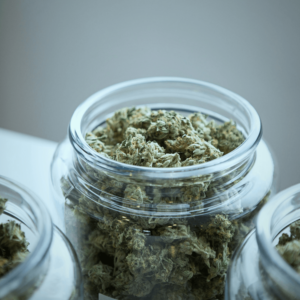
Hemp vs. Marijuana Under North Carolina Law
One of the key legal distinctions when it comes to cannabis is the difference between hemp and marijuana. This distinction has a direct impact on the legal status of THCa.
- Hemp: According to the 2018 Farm Bill, hemp is defined as cannabis that contains 0.3% or less THC by dry weight. Hemp-derived products, including CBD and potentially THCa, are legal at the federal level, provided they meet the THC limit.
- Marijuana: Marijuana, on the other hand, refers to cannabis plants with more than 0.3% THC by dry weight. In North Carolina, marijuana remains illegal for both medical and recreational use, except for certain medical uses under strict regulations.
Given that THCa is often derived from hemp, its legal status can be nuanced. If THCa is extracted from hemp and contains less than 0.3% THC, it may fall under the legal hemp category, which is permitted under state and federal law.
North Carolina’s Approach to CBD and Hemp Products
North Carolina is more permissive when it comes to hemp-derived products, particularly CBD. Since the passage of the 2018 Farm Bill, hemp products containing less than 0.3% THC have been legal, and this includes CBD.
While the state allows CBD products, there’s some ambiguity around products containing THCa. This is largely because THCa is often found in raw cannabis, and there may be concerns about its potential to convert into THC under the right conditions (e.g., during processing or when heated).
For now, the state appears to be focusing more on CBD and less on THCa specifically, though hemp-derived THCa may be less regulated than THC products.
Legal Status of THCa in North Carolina
So, is THCa legal in North Carolina? The answer isn’t entirely clear-cut, but here’s what we know:
- Hemp-Derived THCa: If THCa is derived from hemp and contains less than 0.3% THC, it likely falls within the legal parameters outlined in the 2018 Farm Bill and is, by extension, legal in North Carolina.
- Marijuana-Derived THCa: If THCa is derived from marijuana (which has more than 0.3% THC), it would be considered illegal in North Carolina. This is true even if the THCa itself is non-psychoactive.
Currently, THCa itself is not specifically mentioned in North Carolina’s cannabis laws, leaving room for interpretation. However, if it comes from hemp and adheres to the federal THC limit, it is likely considered legal.
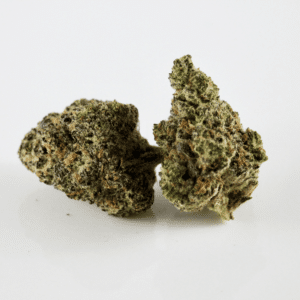
The Role of THCa in the Medical Cannabis Debate
While North Carolina doesn’t currently allow for full medical marijuana legalization, the discussion around THCa could potentially impact future legislation. As more research uncovers the potential therapeutic benefits of THCa, there’s growing support for its use in medical treatments.
Some advocates argue that THCa could be a viable alternative for patients who need cannabis-related relief without the psychoactive effects of THC. This has led to discussions about the potential for THCa to be included in medical cannabis programs, should North Carolina choose to expand its medical marijuana laws in the future.
Challenges and Legal Ambiguities Around THCa
While hemp-derived THCa is likely legal in North Carolina, there are still several challenges and ambiguities surrounding its legality:
- Lack of Specific Legislation: North Carolina’s laws do not specifically mention THCa, leading to confusion about how it should be treated legally.
- Enforcement Issues: Law enforcement may face challenges when trying to distinguish between THCa and THC in cannabis products, especially in unregulated markets.
- Potential for Legal Loopholes: Because THCa can convert to THC under heat, there may be concerns about the ease of this transformation in raw cannabis products.
Given these challenges, it’s important to remain cautious and stay updated on any changes to cannabis laws in North Carolina.
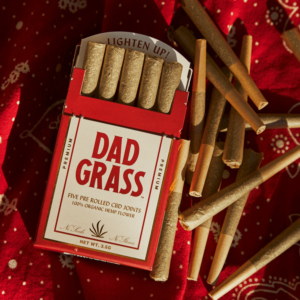
Federal vs. State Law: The THCa Dilemma
Another factor influencing the legality of THCa is the tension between state and federal laws. The 2018 Farm Bill legalized hemp-derived products with less than 0.3% THC on a federal level, which includes THCa. However, some legal experts argue that the conversion of THCa into THC upon heating could present problems if it leads to unintended THC levels.
While North Carolina adheres to the federal framework for hemp, any changes in federal law could shift the legal landscape for THCa, especially as new cannabis compounds and products emerge.
What Does the Future Hold for THCa in North Carolina?
Looking ahead, the future of THCa in North Carolina is somewhat uncertain. The state is unlikely to fully embrace cannabis legalization anytime soon, but as research into hemp-derived cannabinoids expands, there may be growing interest in allowing more non-psychoactive compounds like THCa for medical use.
- Possibility of Medical Cannabis Expansion: As attitudes toward cannabis evolve, North Carolina may eventually adopt more comprehensive medical cannabis laws, which could include THCa.
- Shifts in Public Opinion: As more people discover the potential benefits of THCa, public opinion may push for greater accessibility to cannabis products, including THCa-based treatments.
For now, THCa’s legal status in North Carolina remains a grey area, but the future may hold more clarity as cannabis regulations continue to evolve.
Conclusion
In summary, North Carolina THCa laws are tied closely to hemp laws, as long as the compound comes from hemp (not the plant cannabis sativa) and contains less than 0.3% THC. While THCa flower is not explicitly mentioned in state law, its non-psychoactive nature and hemp origins suggest it’s likely legal in the state, provided it adheres to federal hemp guidelines.
As cannabis laws continue to evolve, it’s important to stay informed about potential changes that could affect the legality of THCa and other cannabis-related products.
Frequently Asked Questions
1. Can I buy THCA in North Carolina?
Yes, in most cases, you can buy THCa in North Carolina, as long as it is derived from hemp and contains less than 0.3% THC. This is in line with the 2018 Farm Bill, which marks THCa flower legal according to state and federal regulations. However, it’s important to note that THCa products are still relatively niche, and their availability may vary depending on local dispensaries or online retailers like Hyperwolf LA. Always ensure that the product is sourced from reputable vendors and complies with the state’s hemp regulations.
2. What states banned THCA?
As of now, there are no states that have specifically banned THCa, as it is often derived from hemp and falls under the same legal guidelines as CBD products. However, cannabis laws vary greatly by state, and some states may impose stricter regulations on all cannabis-related compounds, including THCa. States with more restrictive cannabis laws, such as Idaho, may have specific bans on certain cannabinoids, even if derived from hemp. It’s always a good idea to check local regulations before purchasing THCa.
3. Does THCA show up on a drug test?
Generally, THCa itself is not likely to show up on a standard drug test, since it is non-psychoactive and does not produce the same effects as THC. However, if THCa is heated and converted into THC (through smoking, vaping, or cooking), it could potentially result in a positive drug test. This is because standard drug tests typically screen for THC metabolites, which could be present after THCa is converted. If you’re concerned about drug testing, it’s safest to avoid THCa products that may undergo decarboxylation.
4. Why do dispensaries sell THCA?
Dispensaries sell THCa for a variety of reasons. One of the main attractions is that THCa is a non-psychoactive cannabinoid, making it an appealing option for those who want to enjoy the therapeutic benefits of cannabis without experiencing the “high” associated with THC. THCa is believed to have anti-inflammatory, neuroprotective, and potential anti-cancer properties, which makes it an attractive option for those seeking natural remedies. Dispensaries often stock THCa products as part of their efforts to offer a wide range of cannabinoids to suit various needs and preferences.




